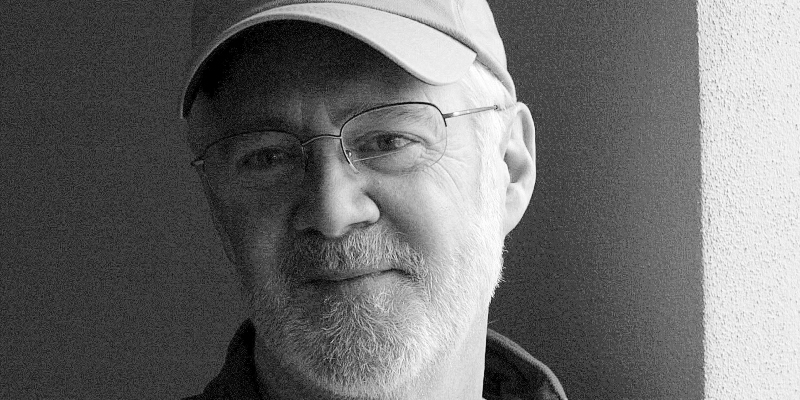
“The Best Story I’ve Ever Written is the One I’m Going to Write Next.” Jack Driscoll on His Stylistic Expansion
In Conversation with Mitzi Rapkin on the First Draft Podcast
First Draft: A Dialogue of Writing is a weekly show featuring in-depth interviews with fiction, nonfiction, essay writers, and poets, highlighting the voices of writers as they discuss their work, their craft, and the literary arts. Hosted by Mitzi Rapkin, First Draft celebrates creative writing and the individuals who are dedicated to bringing their carefully chosen words to print as well as the impact writers have on the world we live in.
In this episode, Mitzi talks to Jack Driscoll about his new short story collection, Twenty Stories.
Subscribe and download the episode, wherever you get your podcasts!
From the episode:
Mitzi Rapkin: What do you hope these stories are saying together to the reader?
Jack Driscoll: I hope that the stories have changed. I’m a proponent of breaking through to that next place where you haven’t yet arrived. And so, I guard against self-imitation, against writing the same story over and over because it’s too easy. It’s almost like a template and re-reading the book, I noticed that thematically the themes changed considerably over time.
I haven’t actually thought about this until your question, but when I look at the first book, Wanting Only to be Heard, clearly, the theme of that book was the relationship between fathers and sons, not the relationship between me and my father, but relationship of fathers and sons. And I remember James Joyce saying, one time, that in the end the Irish boys will reconcile with their fathers. And I’m not sure that ever happened with me.
So, it just became something I needed to write, and I did. When I look at the new stories thematically, it’s not that there are no father and son stories, or at least there are stories with fathers and sons in them, but thematically it seems to me, and maybe this has something to do with getting older, I find myself interested in the, in the nature of time. If I were to delineate with each book, I think I could probably go in and discern how the book changed thematically. I hope the voice has changed some, I hope that I’m not writing the same sentences that I was writing early on. I wouldn’t ever call that apprentice work.
Those are the stories I wrote first. I think about voice a lot now, voice as a delivery system. Or as David Roderick said, it’s not the tale that pleases, it’s the telling. And so, I think I’m writing much better stylistically, sentence by sentence, word by word. It’s been fun. When I’m writing a new book, when I’m writing a book of stories, and I’m working on that next book, I’m thinking about the stories I’ve already written and think about the stories I’m writing currently. And I have been asked, Well, is it possible for you to say what your best stories are?
And it’s kind of a cocky answer, I suppose, and I don’t mean it that way, because I respond almost inevitably by saying, the best story I’ve ever written is the one I’m going to write next. It’s certainly the one I’m most interested in. And I tell my students all the time, if you don’t believe the story you’re currently working on can be the best story you’ve ever written, don’t write it, don’t even begin. So, you know, that’s the journey.
***
Jack Driscoll is a two-time NEA Creative Writing Fellowship recipient and the author of twelve books, including the story collections, Wanting Only to Be Heard, winner of the AWP Grace Paley Short Fiction Prize and The World of a Few Minutes Ago, winner of the Society of Midland Authors Award and Michigan Notable Book Award. Driscoll is the founding father of the Interlochen Center for the Arts creative writing department and now teaches in Pacific University’s low-residency MFA program. His new book is called Twenty Stories.
First Draft: A Dialogue on Writing
First Draft: A Dialogue on Writing is a literary podcast produced and hosted by Mitzi Rapkin. Each episode features an in-depth interview with a fiction, non-fiction, essay, or poetry writer. The show is equal parts investigation into the craft of writing and conversation about the topics of an author’s work.



















